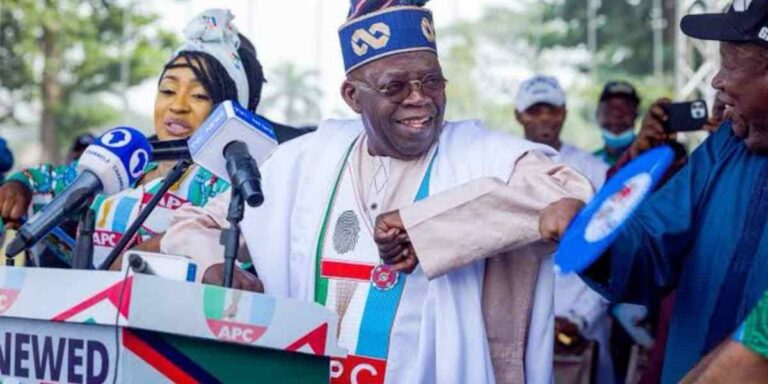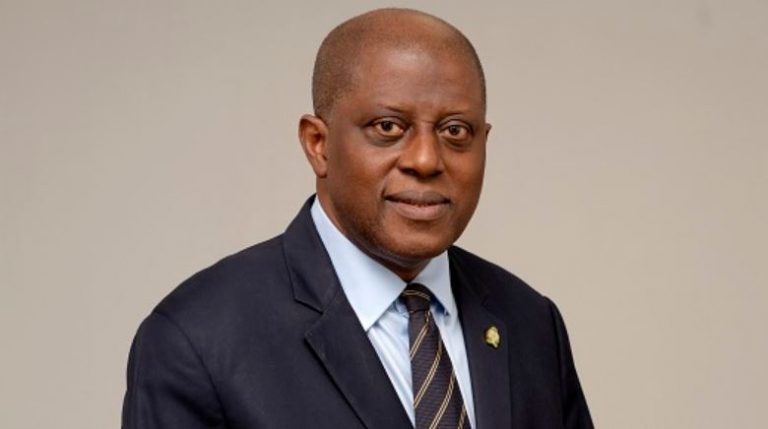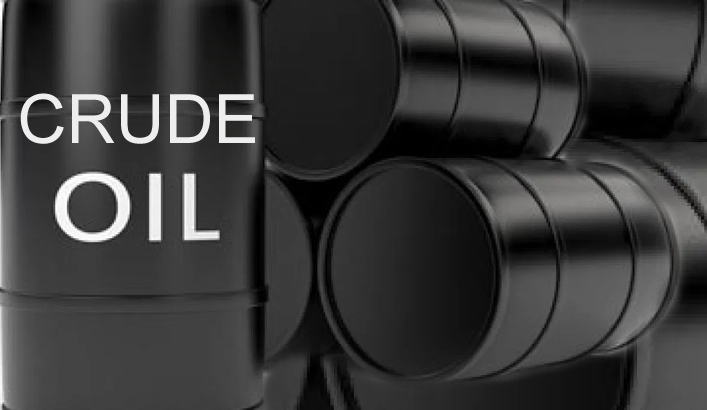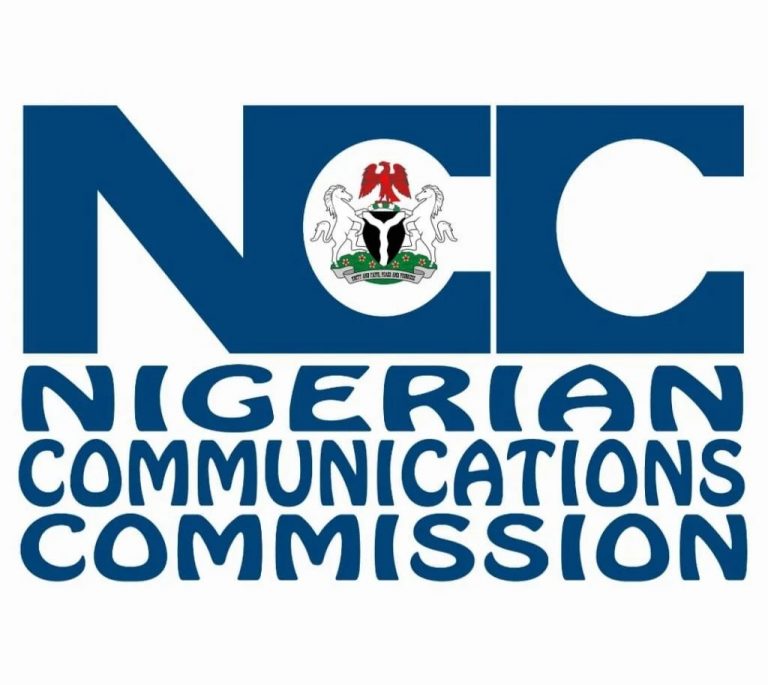Uncategorized
-

Natasha Osawaru fuels marriage rumors, adopts 2Baba Idibia’s name
Popular Natasha Osawaru, the new partner of legendary singer, 2Baba idibia sparks reactions and fuels marriage rumors by adopting his name. Notably, Natasha…
Read More » -

APC: “Tinubu won’t be defeated like Jonathan in 2027 over insecurity”
The All Progressives Congress (APC) has asserted that President Bola Tinubu will not allow himself to be defeated in the…
Read More » -

Adams out for rest of season
Popular Sevilla striker Akor Adams will miss the rest of the 2024/25 campaign after suffering a serious thigh injury during…
Read More » -

FG to automate landing, exit cards for foreigners from May 1
The Federal Government FG has announced that, effective May 1, 2025, all landing and exit cards for foreigners entering or…
Read More » -

FG: Naira-for-crude policy here to stay
The Federal Government fg has doubled down on its Naira-for-crude oil initiative, declaring it a permanent fixture in Nigeria’s long-term…
Read More » -

CBN: Personal remittances hit $20.93bn in 2024
The Central Bank of Nigeria CBN has said that personal remittance inflows rose to $20.93bn in 2024, reflecting an 8.9…
Read More » -

Elumelu: We must fix electricity to build $1tn economy
Chairman of Transcorp Group, Tony Elumelu, has said that Nigeria’s ambition to build a $1tn economy cannot be realised without…
Read More » -

Niger dumps French, adopts Hausa as national language
Niger military government has officially made Hausa the country’s new national language, moving away from its colonial past where French…
Read More » -

FEC orders full implementation of naira-for-crude deal
The Federal Executive Council fec has officially directed the full implementation of the suspended Naira-for-Crude agreement with local refiners. The…
Read More » -

NCC proposes 12-month grace to reclaim airtime on deactivated lines
The Nigerian Communications Commission NCC has proposed a 12-month grace period for subscribers to reclaim unused airtime on deactivated lines.…
Read More »